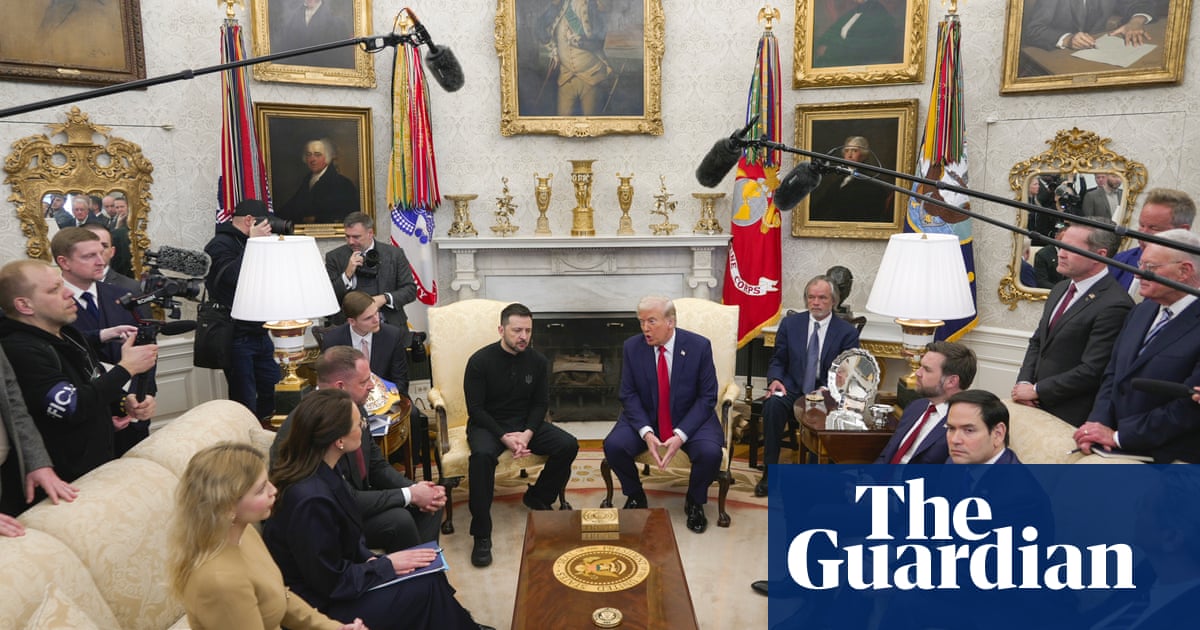The World Anti-Doping Agency (Wada) is currently in crisis as the US government failed to make a $3.6m contribution to its annual budget by the 31 December 2024 deadline. In response, Wada announced that representatives from the US would no longer be eligible to sit on its foundation board or executive committee.
This funding issue follows a series of disputes between Wada and the US Anti-Doping Agency (Usada), stemming from Wada’s decision to clear 23 Chinese swimmers to compete at the 2021 Tokyo Olympics despite testing positive for a banned substance. Usada CEO Travis Tygart supported the US government’s decision, citing a lack of transparency and accountability within Wada’s leadership.
Wada has refuted Tygart’s claims, calling them false and politically motivated. An independent report on the Chinese case criticized Wada’s handling but cleared them of bias. The current funding crisis is expected to worsen in 2025, as incoming US President Donald Trump is unlikely to reverse the decision made by the Biden administration.
The funding breakdown highlights a significant rift between Wada and the US, the host of upcoming major global sporting events. Both organizations will need to work towards repairing their relationship, but without substantial reforms within Wada, it is unlikely that the US position will change. In the wake of these developments, the federal government has taken action by sending customs officials and FBI agents to combat doping. However, Wada has raised concerns about the use of undercover agents to expose dopers. Usada believes that intelligence-driven enforcement is a more efficient approach compared to relying solely on sample testing.




